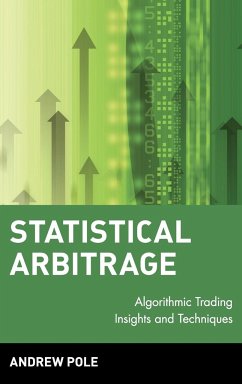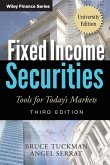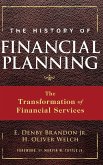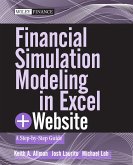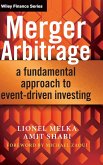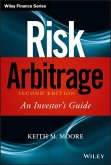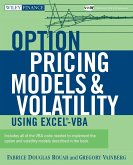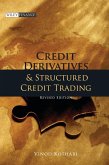While statistical arbitrage has faced some tough times as markets experienced dramatic changes in dynamics beginning in 2000 new developments in algorithmic trading have allowed it to rise from the ashes of that fire. Based on the results of author Andrew Pole s own research and experience running a statistical arbitrage hedge fund for eight years in partnership with a group whose own history stretches back to the dawn of what was first called pairs trading this unique guide provides detailed insights into the nuances of a proven investment strategy. Filled with in depth insights and expert advice, Statistical Arbitrage contains comprehensive analysis that will appeal to both investors looking for an overview of this discipline, as well as quants looking for critical insights into modeling, risk management, and implementation of the strategy.
"Over time, anything that creates an edge for a particular group of bettors--including the most astute observers of horse flesh--gets factored into the odds and becomes unreliable as a system. That's the classic argument of random walk theorists, and the equally classic response is that there's a lot of money to be made before that factoring is complete. This book is a contribution to that never-ending debate." (Hedgeworld.com)

